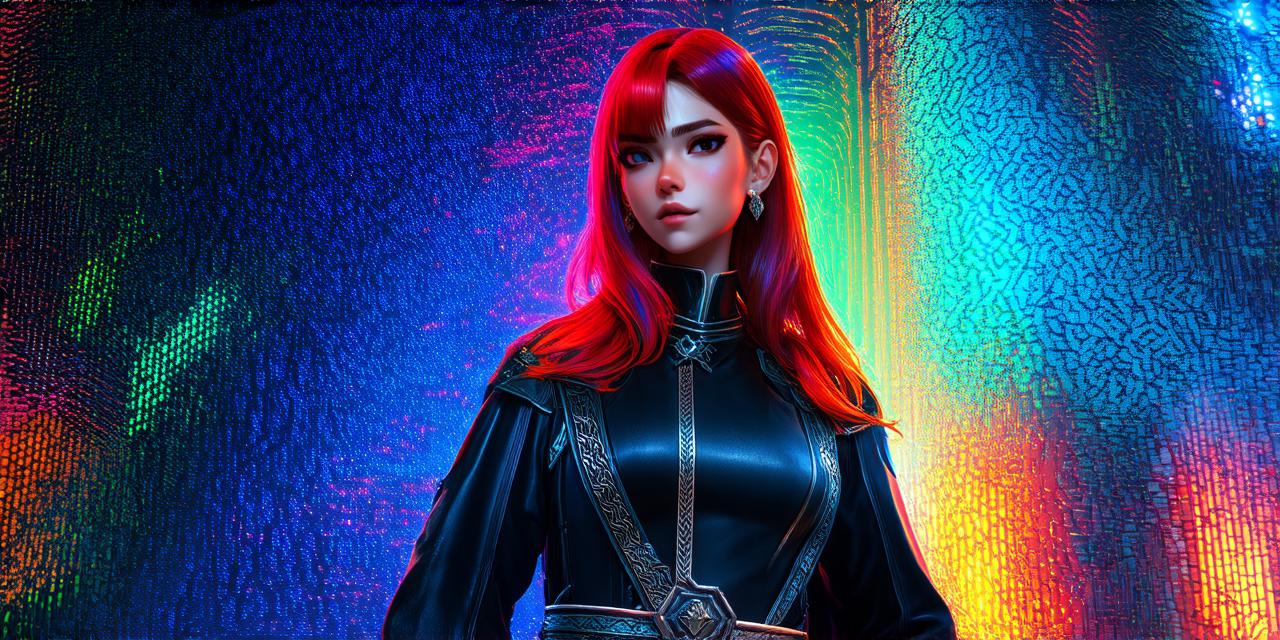What are NFTs in Card Games?
NFTs in card games refer to unique digital cards that can be bought, sold, and traded on blockchain networks. These cards are typically created using computer graphics and are stored on the blockchain as a unique digital asset. Each card has its own set of attributes, such as power level, rarity, and uniqueness, which make it valuable to collectors and players alike.
Why are NFTs Significant in Card Games?
There are several reasons why NFTs are significant in card games. Firstly, they offer a new way for players to engage with the game. NFT cards can be used to create unique gameplay experiences, such as limited-edition events or exclusive challenges. This creates a sense of exclusivity and encourages players to continue playing the game to unlock new rewards.
Secondly, NFTs provide a new revenue stream for card game developers. By creating and selling NFT cards, developers can generate income from both in-game purchases and external markets. This allows them to invest in the development of the game and create new content for players to enjoy.
Thirdly, NFTs allow for the creation of new business models. For example, some card games are using NFTs to create a "play-to-earn" model, where players can earn real money by playing the game. This has the potential to attract a new audience of players who are interested in earning real money while playing games.
Case Studies:
There are several examples of card games that have successfully integrated NFTs into their gameplay. One example is CryptoKitties, a blockchain-based cat breeding game that uses NFTs to represent the cats. Players can buy, sell, and trade these NFT cats on external markets, creating a new revenue stream for the game.

Another example is Axie Infinity, a fantasy battle arena game that uses NFTs to represent the creatures in the game. Players can collect and breed these NNT creatures to create powerful teams, which they can use to compete in battles against other players. This creates a sense of engagement and exclusivity for players, who are incentivized to continue playing the game to unlock new rewards.
Expert Opinions:
There are several experts in the gaming industry who believe that NFTs have the potential to revolutionize card games. One such expert is Chris Gonsalves, CEO of OpenSea, a marketplace for buying and selling NFTs. According to Gonsalves, "NFTs provide a new way for players to engage with the game and create new revenue streams for developers. It’s an exciting time for the gaming industry, and we are only just beginning to see the potential of NFTs in card games."
Another expert is James Mayo, COO of Animoca Brands, a company that specializes in blockchain-based games. Mayo believes that NFTs can help create new business models for game developers by allowing them to monetize their content in new ways. "NFTs provide a way for game developers to create new revenue streams and engage with their players on a deeper level," says Mayo.
Summary:
In conclusion, NFTs have the potential to significantly enhance player engagement, increase revenue, and create new business models in card games. By offering unique digital assets that can be bought, sold, and traded on blockchain networks, NFTs provide a new way for players to engage with the game and for developers to generate income. As the gaming industry continues to evolve, it is likely that we will see more and more examples of card games successfully integrating NFTs into their gameplay.
One area where NFTs have shown great potential is in creating unique gameplay experiences. For example, some card games are using NFT cards to create limited-edition events or exclusive challenges that players can only participate in by owning certain NFT cards. This creates a sense of exclusivity and encourages players to continue playing the game to unlock new rewards.
Another way that NFTs are being used in card games is to create new revenue streams for developers. By creating and selling NFT cards, developers can generate income from both in-game purchases and external markets. This allows them to invest in the development of the game and create new content for players to enjoy.
Finally, NFTs are being used to create new business models for card games. For example, some card games are using NFT cards to create a "play-to-earn" model, where players can earn real money by playing the game. This has the potential to attract a new audience of players who are interested in earning real money while playing games.
In conclusion, NFTs have the potential to significantly enhance player engagement, increase revenue, and create new business models in card games. As the gaming industry continues to evolve, we can expect to see more and more examples of card games successfully integrating NFTs into their gameplay.
